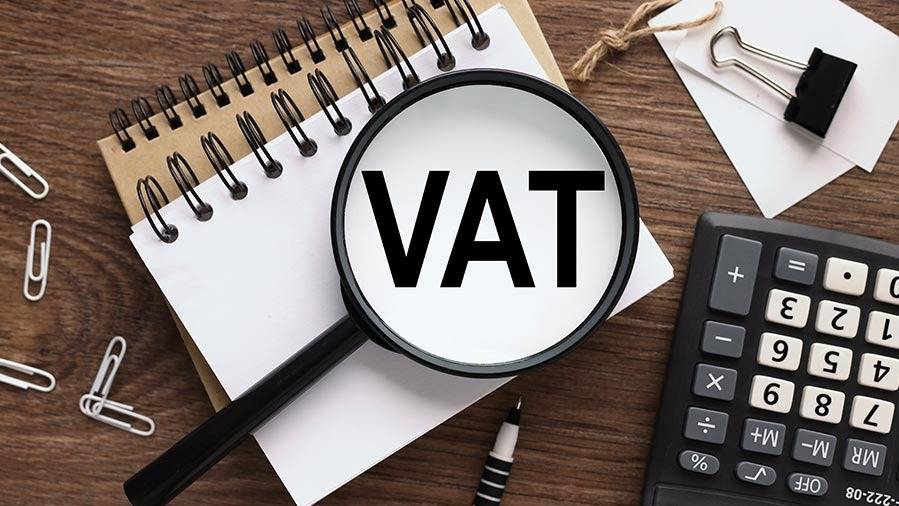Preparing and filing the VAT return in UAE
The process of preparing and submitting tax returns requires extensive technical expertise that enables companies to avoid tax risks. Incorrect tax treatments can lead to significant tax exposure, the effects of which may appear long after the returns have been filed. Businesses and companies remain subject to tax risks until the end of the statute of limitations, which is five years from the end of the tax period. Therefore, a company’s responsibility does not end with filing the tax return, but only after the completion of a tax audit or the expiration of the statute of limitations.
![]() Moustafa Hosny - • Tax services and everything related to taxes
Moustafa Hosny - • Tax services and everything related to taxes

Preparation and Submission of VAT Returns
CopyThe process of preparing and submitting VAT returns requires extensive technical expertise that enables companies to avoid tax risks.
Incorrect tax treatments can lead to future tax liabilities, the effects of which may arise long after the returns are filed.
Businesses remain exposed to tax risks until the end of the statute of limitations, which is five years from the end of the tax period.
Therefore, a company’s responsibility does not end upon submitting the VAT return, but only after the completion of the tax audit or the expiry of the statute of limitations.
How VAT is Calculated
CopyVAT is calculated by multiplying the value of taxable goods or services by the applicable rate, which is usually 5% in the UAE.
The tax is imposed at each stage of the supply chain, and it is payable on the net value added at every step.
Requirements for a Valid Tax Invoice
Copy- The seller’s name • The Tax Registration Number (TRN)
- The invoice issue date
- A description of the goods or services
- The total value and VAT amount
- Any other details required by the UAE VAT regulations
These requirements ensure accuracy, transparency, and proper review of all taxable transactions.
VAT-Exempt Goods and Services
CopyCertain goods and services are exempt from VAT in the UAE, including:
- Some healthcare services
- Educational services
- Residential housing
- Certain financial transactions
These exemptions aim to reduce the economic burden on essential sectors and support social welfare.
VAT Treatment in Free Zones, Designated Zones, and the Mainland
Copy- Free zones may enjoy exemptions or deferrals from VAT depending on the nature of the zone and the business activities.
- Designated zones are subject to special tax control rules, where VAT may be deferred or exempted under specific conditions.
- In the mainland, the full VAT system applies to most business activities.
This structure promotes a competitive business environment while maintaining tax compliance.
How Our Consultants Help You File VAT Returns Accurately and On Time
CopyOur team of experienced tax consultants ensures your VAT return is prepared and filed correctly within the statutory deadlines through:
- Reviewing return documents to verify compliance and completeness
- Applying correct tax treatments to all transactions
- Calculating payable or refundable VAT with accuracy and transparency
This comprehensive process helps your business stay compliant, avoid penalties, and maximize efficiency in VAT management.